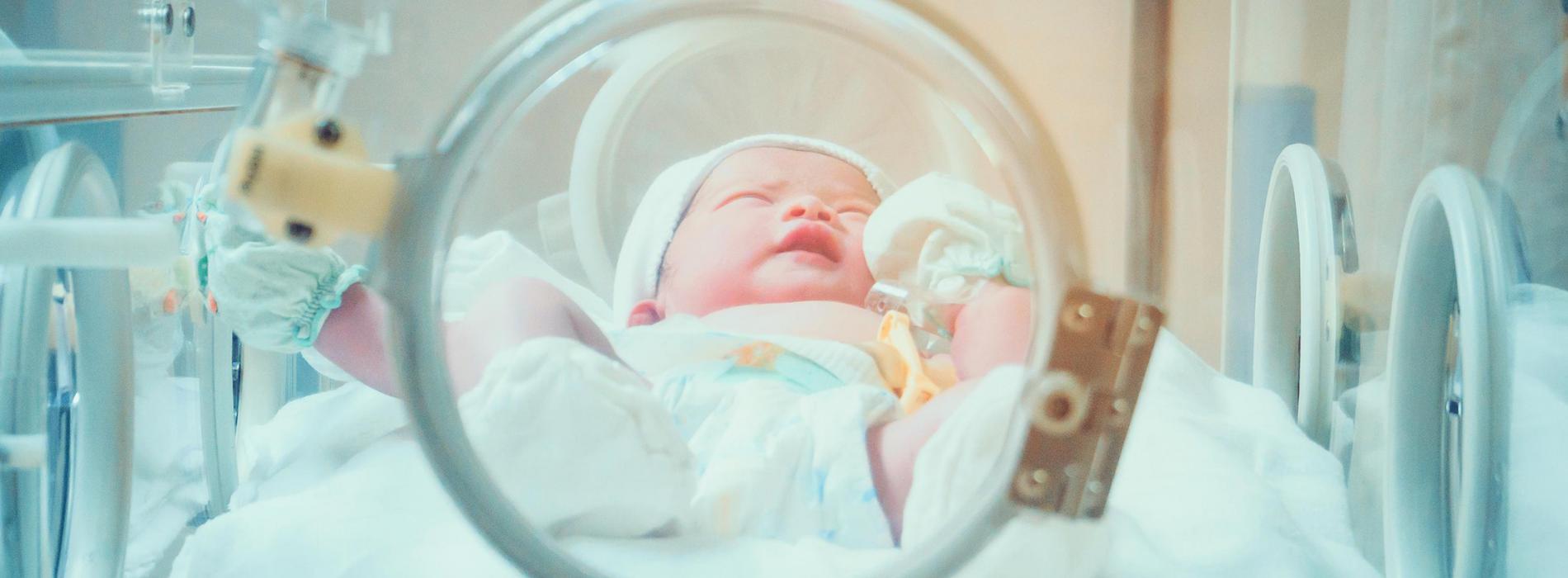
 News
News
Four projects selected for the Bertarelli Foundation's Catalyst Fund
The Catalyst Fund@Campus Biotech program, introduced by the Bertarelli Foundation in 2017, aims to support research on innovative treatments for nervous-system diseases. Of the four research projects selected for funding in 2021, two of them came from EPFL.
The two winning EPFL projects are:
Improving the neural development of preterm babies
Preterm birth is the leading cause of death in children under the age of five. Babies born too early are more likely to present neurological disorders and developmental disabilities. These long-term effects generally result from neonatal pulmonary and cerebral damage that must be treated as soon as possible – ideally before the baby is born. Carlotta Guiducci, an associate professor at EPFL’s Laboratory of Life Sciences Electronics, working in association with Prof. David Baud and his team at Lausanne University Hospital (CHUV), have created a method for continually monitoring pregnant women at risk for a preterm birth. Their device consists of a sanitary pad that can be worn comfortably and detect specific biomarkers indicating a preterm birth may be imminent. This kind of early-detection system would mean that pregnant women and their babies could get the care they need much more quickly.
Using ultrasound to restore motor function in stroke victims
A patient’s motor and sensory functions may be diminished after a stroke due to the damage caused to several areas of the brain. Sensory functions are important in particular because they are what enables patients to execute movements with precision. However, sensory capabilities depend in part on areas deep in the brain that can only be accessed through invasive methods, limiting the potential treatment options for stroke rehabilitation. The combined research groups led by EPFL professors Friedhelm Hummel and Grégoire Courtine are working on a way to overcome this obstacle by using ultrasound waves to stimulate deep regions of the brain. “With our approach, we could deliver the same results as more invasive methods that require complex surgical procedures,” says Estelle Raffin, a PRIMA fellow at Prof. Hummel’s lab and a scientist on the project. “It would also avoid the risks of complications from such procedures.”
The other two winning projects are:
Validating a new marker to improve the diagnosis of consciousness disorders
This project is a joint effort among the University of Lausanne, the University of Geneva and the CHUV. It aims to correct the errors often made in diagnosing consciousness disorders, which is a major public-health and ethics challenge on a global level. The clinical diagnosis of such patients can be assisted by non-invasive electrophysiological investigations avoiding unfit withdrawal of life-support therapy. Prior to their clinical application, electrophysiological markers for the detection of consciousness have to go through a systematic validation in controlled settings. Sleep in healthy individuals provides such a rare setting, where consciousness level can be inferred via well-known physiological and electrophysiological observations. In this project, Dr. Marzia De Lucia from the CHUV and Prof. Sophie Schwartz from Geneva Campus Biotech will investigate the neural response to cardiac and auditory signals in healthy individuals during wakefulness and sleep to validate a novel cardio-audio marker of consciousness. These are essential steps for implementing this marker in a clinical environment and improving diagnosis of disorders of consciousness patients.
Treating anxiety disorders
Under this project, Prof. Schwartz along with Prof. Daniel Huber from the University of Geneva and Dr. Laurence Bayer and Dr. Lampros Perogamvros from the Geneva University Hospital (HUG) are developing a new approach for treating anxiety disorders. These disorders are usually addressed through cognitive behavioral therapy, which involves exposing patients gradually to the factors that trigger their anxiety. Sleep also plays an important role in treatment effectiveness. The scientists in this project want to combine the two mechanisms by delivering therapy directly during sleep, through a system that displays images on a patient’s retina while he or she is sleeping.
These four projects will receive a combined total of CHF 1.5 million in funding – welcome support for encouraging R&D on innovative treatment options. “The Bertarelli funding gives us the breathing room we need to focus on our research,” says Raffin. “We’re now better poised to further develop our method and turn it into a clinically useful tool.”
“Preterm births, strokes, consciousness disorders and anxiety disorders are diseases that can affect us all to some extent,” says Ernesto Bertarelli, the co-chair of the Bertarelli Foundation. “I would like to sincerely congratulate this year’s funding recipients. The important work they’re doing will improve the lives of many people. What’s more, the wide range of schools and institutes they come from reflects the spirit of our Catalyst Fund, which aims to promote cross-disciplinary research at Campus Biotech and beyond in order to spur advancements in neuroscience.”